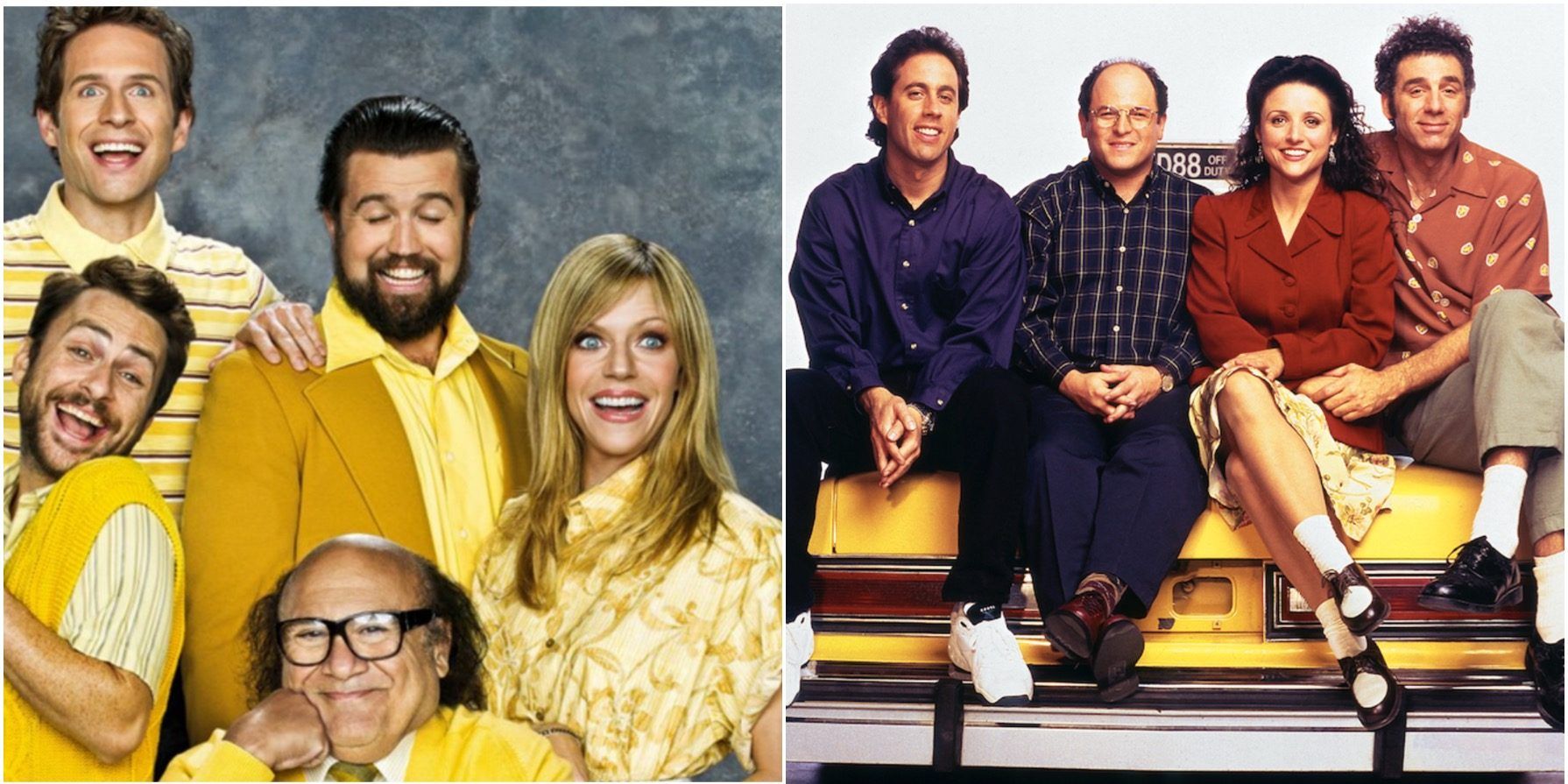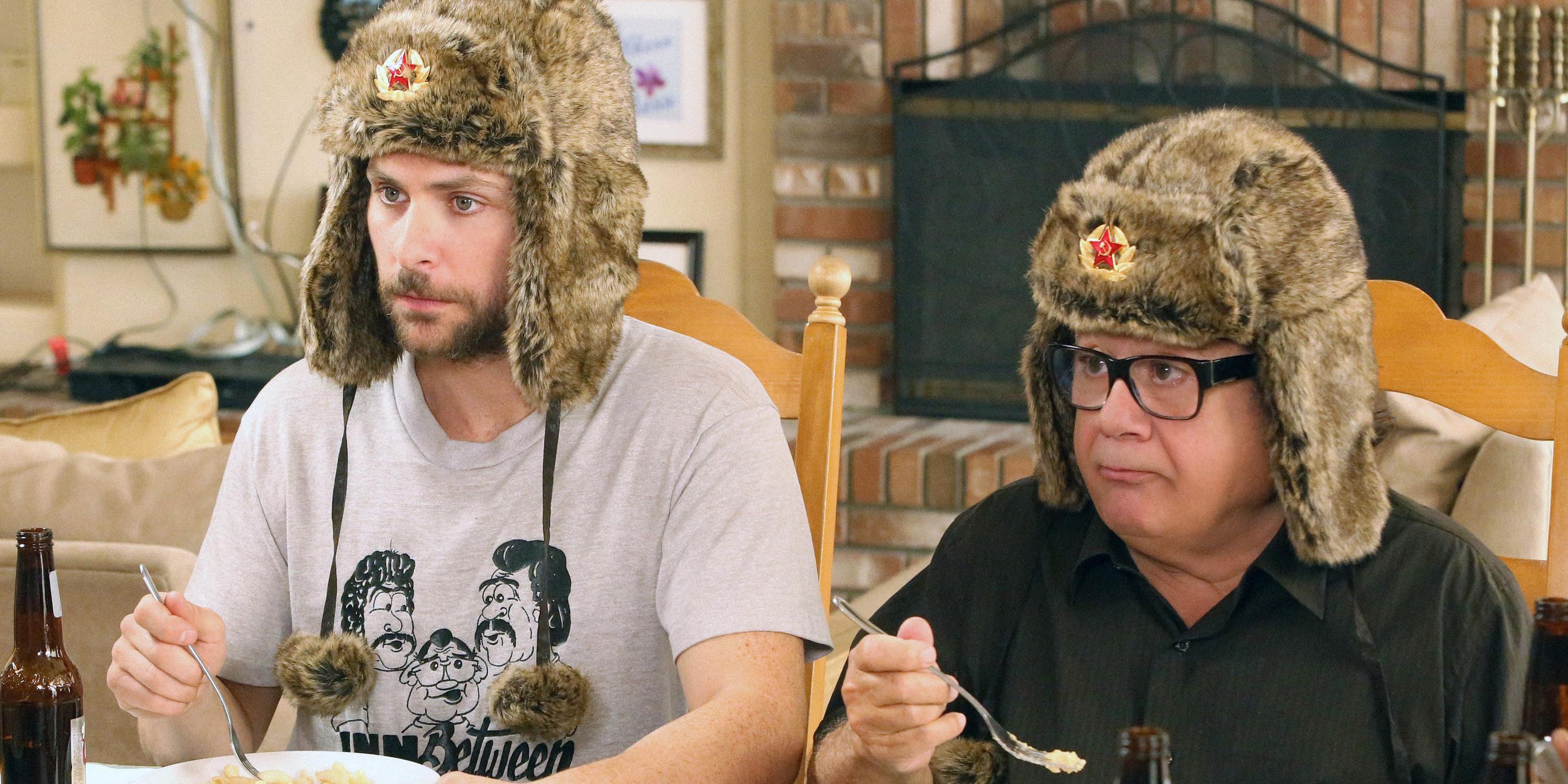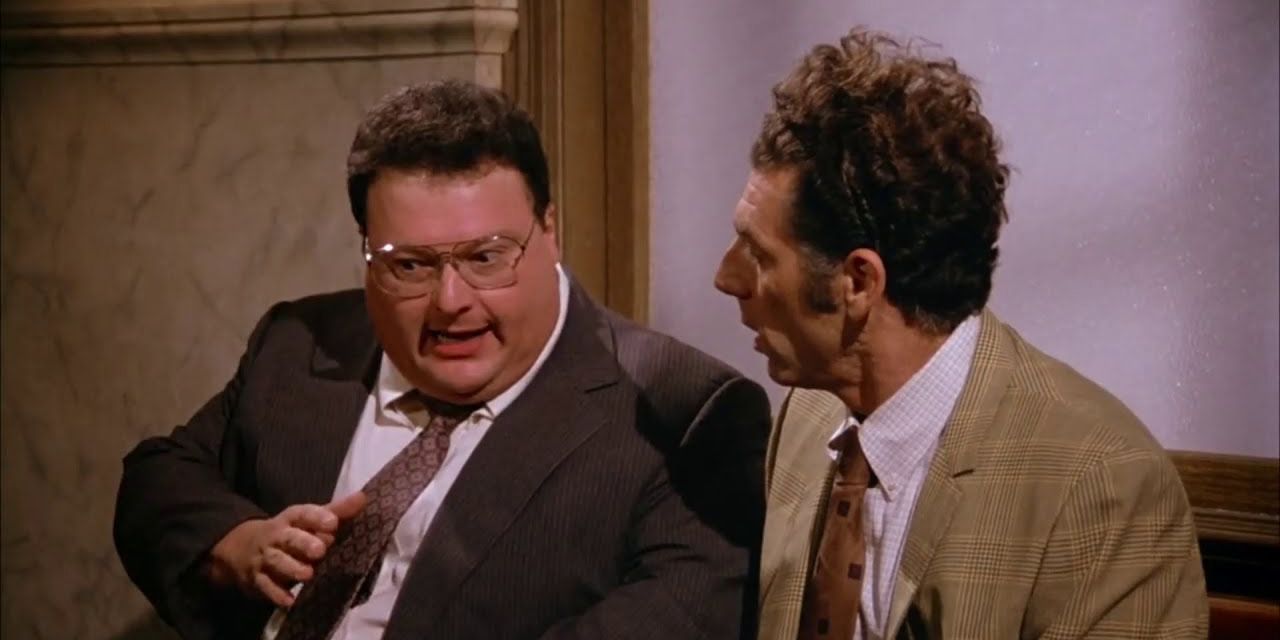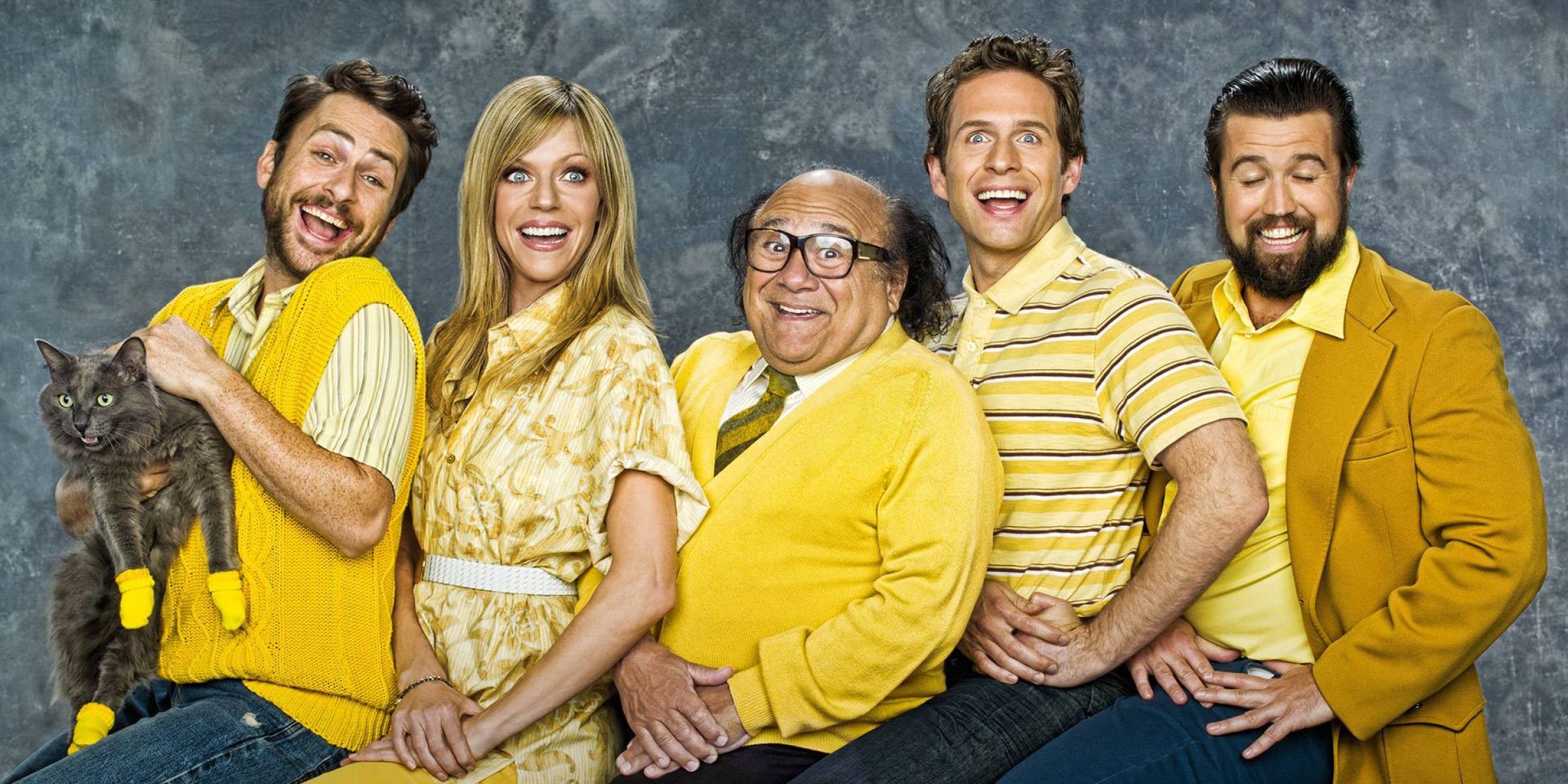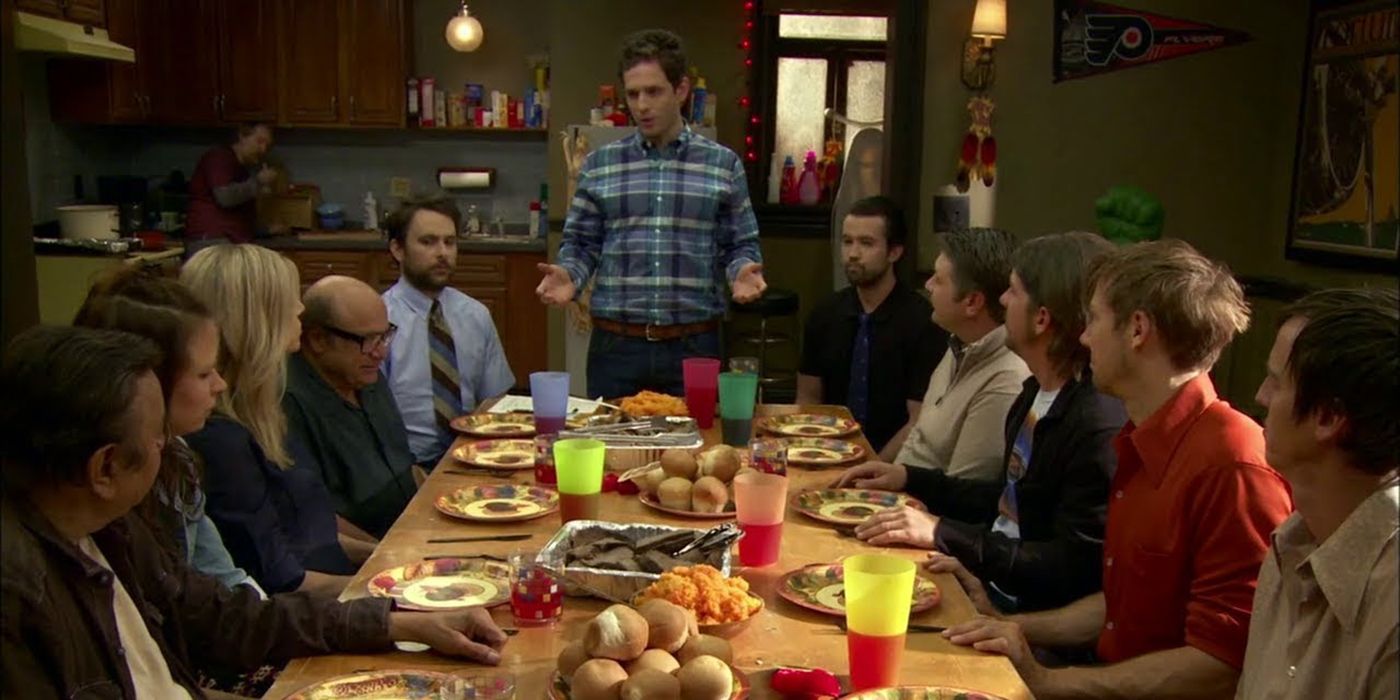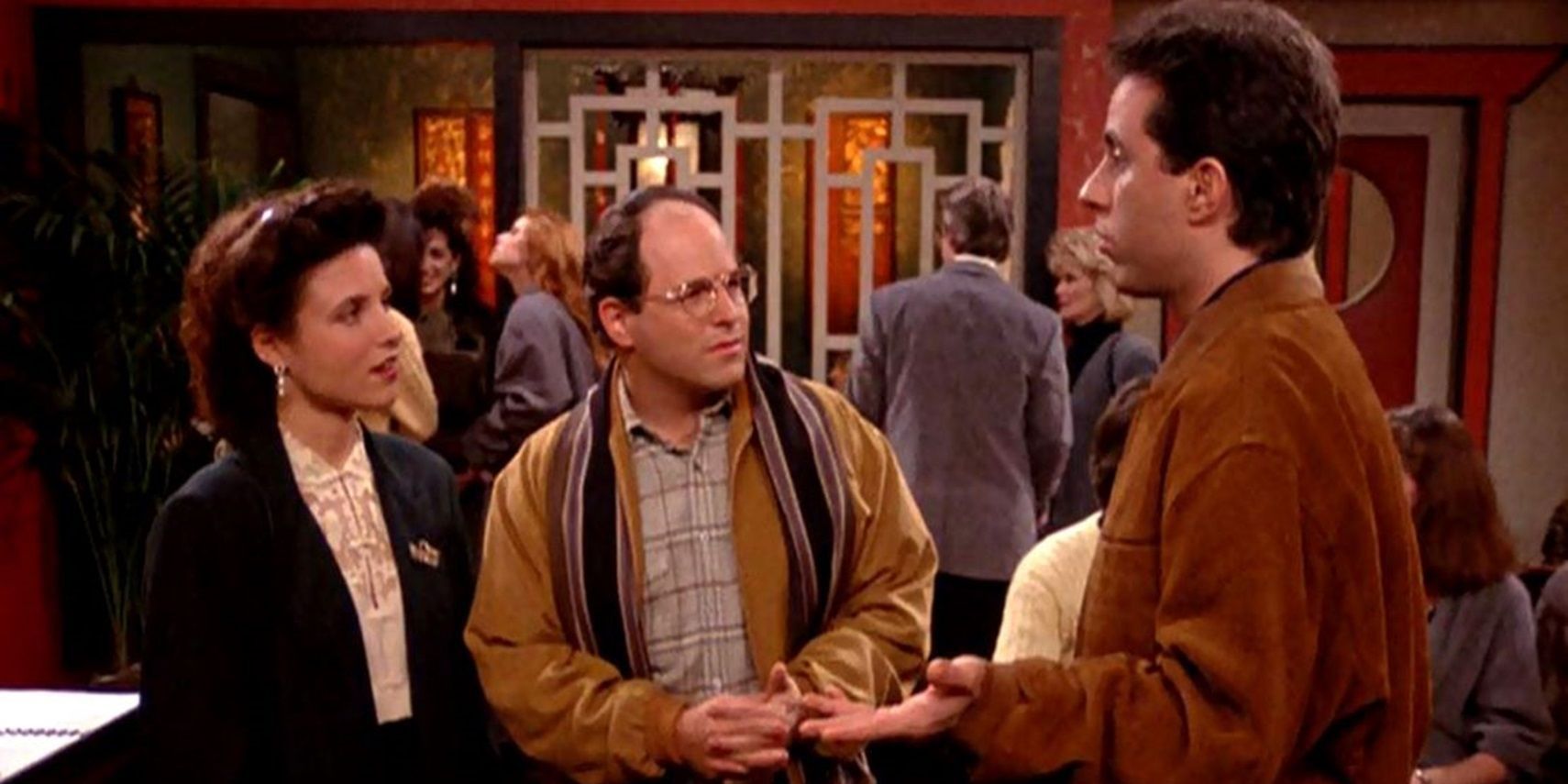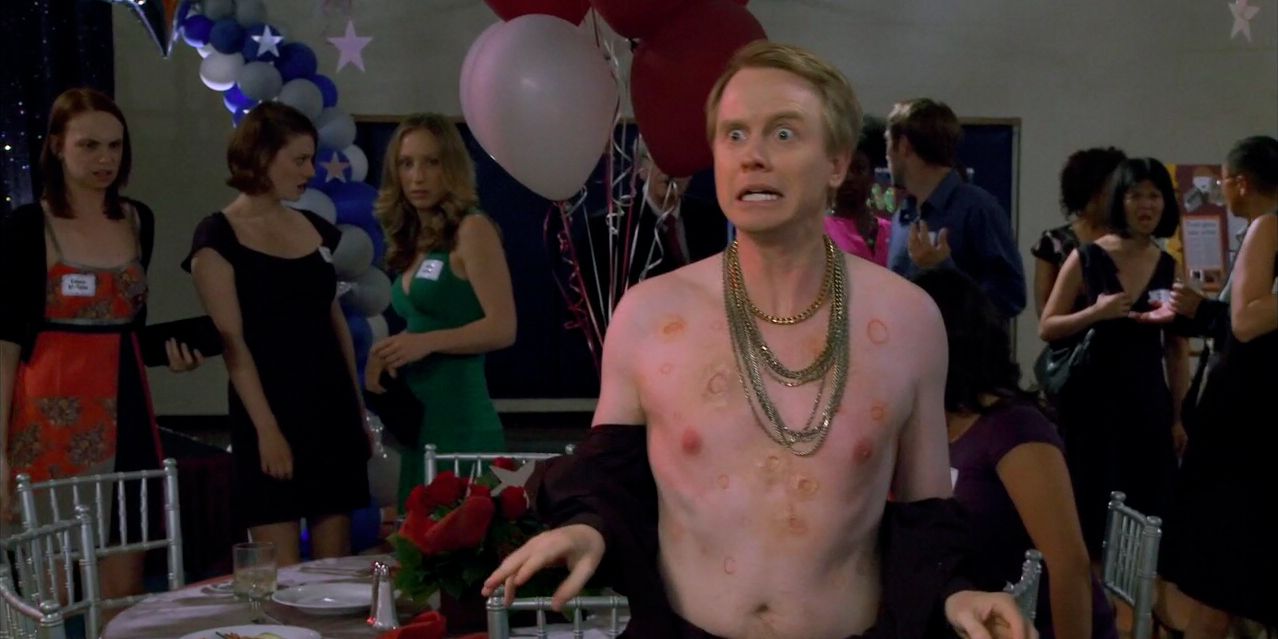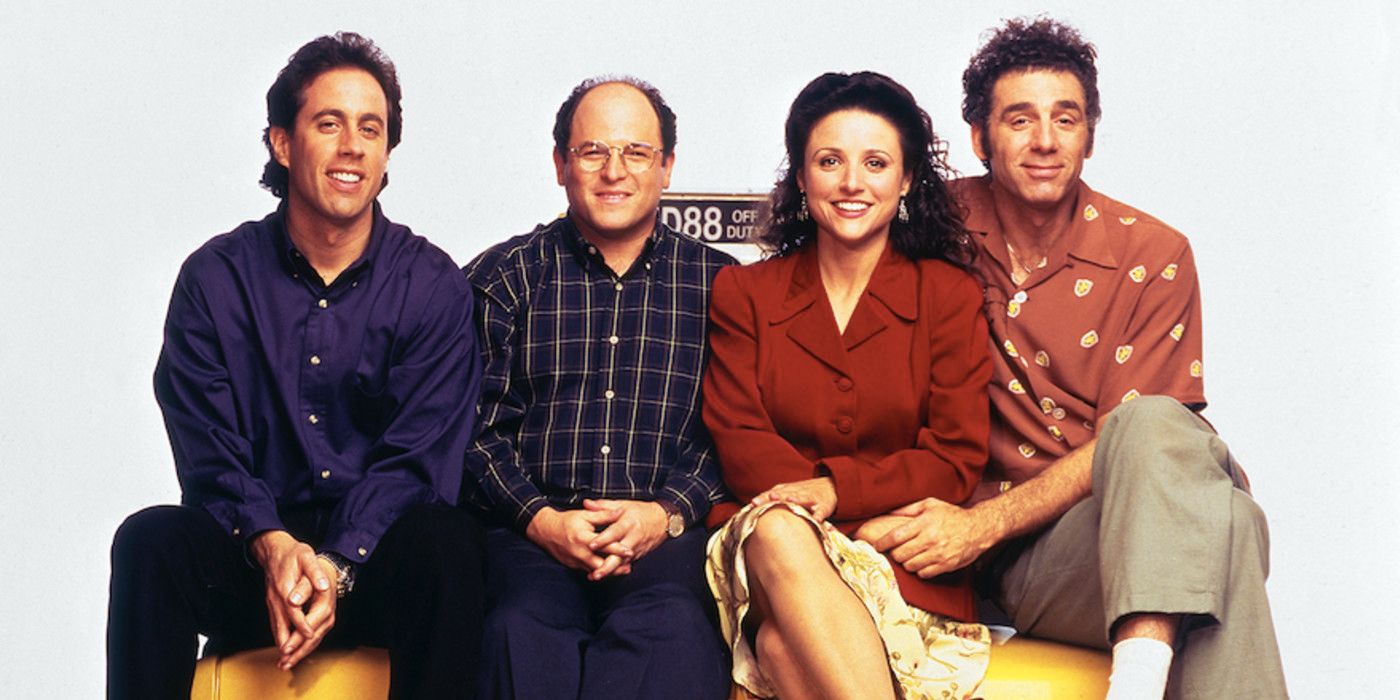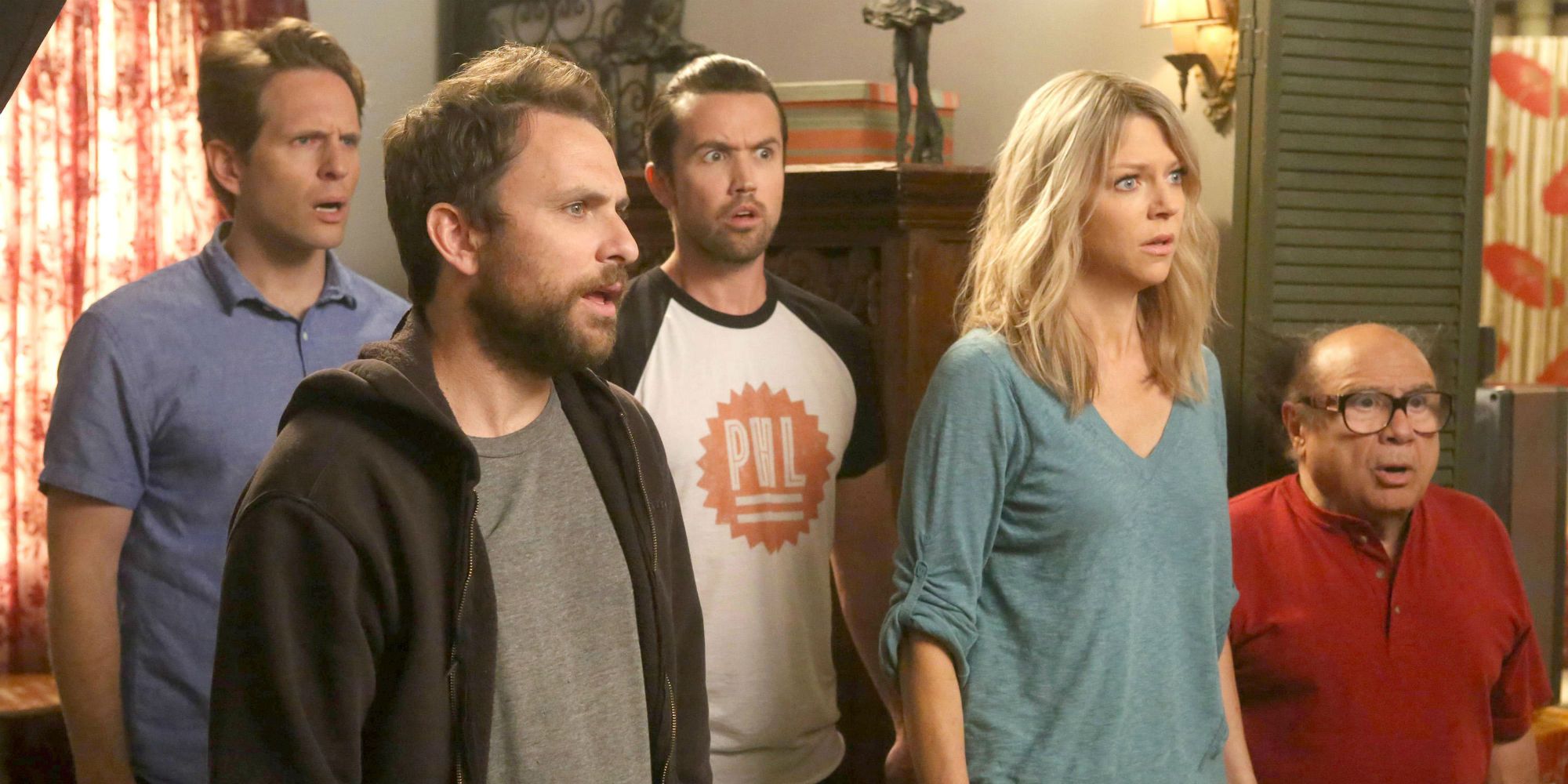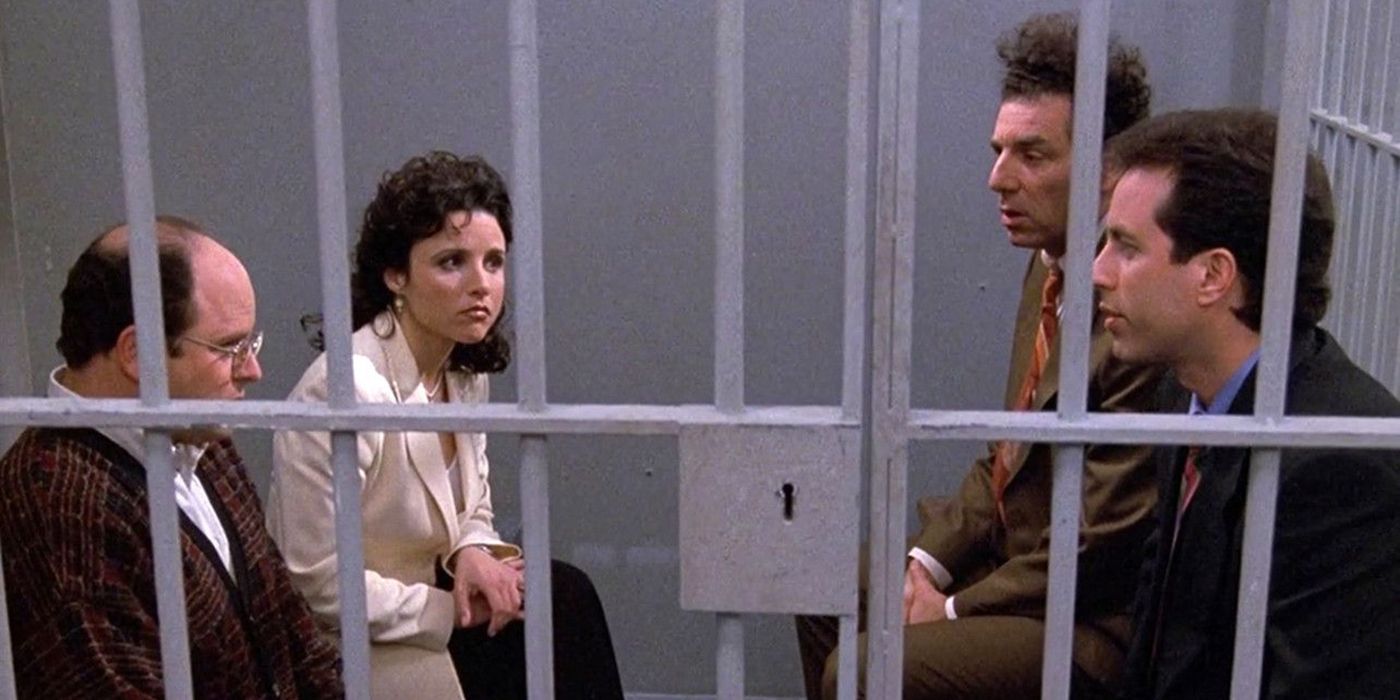Seinfeld is regarded as one of the greatest sitcoms to ever grace viewers' television screens. Its cultural impact is certainly significant, and many other sitcoms and comedic shows have named Seinfeld as a source of inspiration and worked off of its success formula. It's Always Sunny In Philadelphia is one of these shows; it even paid homage to Seinfeld by reenacting a scene from "The Contest" in one episode.
There are many similarities between the two shows, but unlike Seinfeld, It's Always Sunny has gone on for over 14 seasons and lasted since 2005, making it the longest-running live-action comedy in American television. It has accumulated a large fan base since then, and some would argue that it some ways it has dethroned Seinfeld.
It's Always Sunny: Frank & Charlie
Frank and Charlie's dynamic has become legendary throughout the years, and their relationship is close to the point of being bizarre. At one point in the series, it becomes apparent that Frank is most likely Charlie's biological dad, linking them even closer together. Frank is conniving and corrupt, but he also doesn't care about what others think or much of anything, to the point where he's willing to play "nightcrawlers" and does other ridiculous things along with Charlie.
Charlie is considered "the wildcard" but he's also naive and probably the closest of the gang to being kind-hearted, seeing mostly the good in people but not being smart enough to get by on his own. This combination of traits in both characters gives this duo great chemistry and allows for plenty of hijinks.
Seinfeld: Kramer & Newman
The grouping of these two weird characters led to some of the best scenes and arcs in Seinfeld and helped to solidify its place as one of the best sitcoms on television. Newman wasn't as onscreen as often as the other characters, but his comedic performance left a lasting impact.
All of his actions were based on either his hatred for Jerry or cooking up some scheme with Kramer. Kramer and Newman's antics would always shake up an episode, following through poorly thought-out plots with hysterical results.
It's Always Sunny: Stays Relevant In A Competitive Market
While Seinfeld wasn't the only sitcom on TV at the time it came out in 1989, it also came at a time when sitcoms on network television in general were enjoying lots of popularity and success. Always Sunny came about in 2005 in a changing environment for TV with many more channels, networks, and programming for a viewer to choose from.
Always Sunny has survived the death of cable TV and has remained beloved by fans despite ever-growing competition. There are many great shows that fall by the wayside because of the sheer number of television series on streaming platforms and networks alike, and it's quite an accomplishment just to stay afloat.
There are those that say there's nothing stranger than real life, and comedians like Larry David would probably attest to this. As he was writing Seinfeld, he drew inspiration from funny things or concepts that had happened in his life.
One example of his was Kramer. At one point in his life, David lived in a New York City apartment with a neighbor across the hall - a fellow comedian named Kenny Kramer who would regularly barge into his apartment unannounced. Many aspects of Cosmo Kramer's personality, such as his love of fruit, golf, and disregard for personal space were based on Kenny Kramer.
It's Always Sunny: Juggles More Characters
Another strength of Always Sunny is its ability to have a variety of characters in the show without becoming too distracting and taking away from the quality of the show. Part of the enjoyment is seeing how the gang screws over these characters and seeing them return with a vendetta or plot of revenge.
These character arcs were always entertaining and meshed well with what was happening with the main characters, enriching the episode overall.
Seinfeld: It Finds Humor In The Mundane
Not all life experiences are inherently funny, so when Larry David drew inspiration from things that happened in his life, there's no doubt he exaggerated the events for comedic effect. He was able to turn something as boring as waiting for a table at a restaurant into a funny and engaging series of events for viewers to watch.
"The Chinese Restaurant" has become one of the most well-known episodes of Seinfeld for this reason. The strong writing combined with the vibrant performance of the actors really elevates the simple premise.
It's Always Sunny: It's More Extreme
This is a huge part of why some viewers prefer It's Always Sunny to Seinfeld: it's more extreme in almost every way. Some fans refer to it as 'Seinfeld on crack'. The characters on Seinfeld are pretty selfish and rude - but they almost seem angelic in comparison to Dee, Dennis, Frank, Mac, and Charlie.
Even the situations in Always Sunny are often more extreme. Most of the situations on Seinfeld aren't very high stakes, although there are few acceptions. Life-or-death and other intense situations happen more frequently on Always Sunny, making the characters more motivated and their actions more interesting.
Seinfeld: Its Lasting Legacy
In a lot of ways, Seinfeld encapsulates being a young adult in the 90s. It's both relatable for people who lived through that time and offers an accurate window of insight into what life was like for people who didn't. For example, many young adults don't have to think twice about texting their friends and meeting up to hang out. But in the era of Seinfeld, the use of cell phones wasn't nearly as much of a social norm and as a result, there was a lot of guesswork that went into meeting up with friends.
Seinfeld illustrates this concept in a ridiculously hilarious and exaggerated way in the episode "The Movie", following Elaine, Kramer, George, and Jerry as they try and fail over and over to meet up in a movie theater. This way Seinfeld offers both 90s nostalgias for older viewers while still entertaining younger viewers who may not have experienced life at that time.
It's Always Sunny: Its Longevity
As previously mentioned, It's Always Sunny has achieved an amazing milestone in television - becoming the longest-running live-action comedy series in U.S. history. The fact that the show has lasted so long, as the television market becomes increasingly competitive, is a great testament to its strength, creativity, and effectiveness as a comedic show.
From the 2000s to the 2010s and now the 2020s, it has entertained through shifting political landscapes and pop culture changes. As a result, It's Always Sunny doesn't belong to a single decade or a single cohort of fans - unlike Seinfeld, it transcends anachronism.
Seinfeld: It Ended Before It Got Stale
While the show finale had mixed reviews, many viewers would agree that the show ended at the right time. With Larry David no longer writing the episodes, the show was going in a different direction and having some success, but it didn't quite have the same charm as before.
While Seinfeld was still popular and could have kept going, the result is almost always better when the creators decide for themselves when to end a project rather than having a network executive pull the plug after fatiguing creators with dozens of season renewals. In this case, it was better for the makers of Seinfeld to have the agency to quit while they were ahead.

